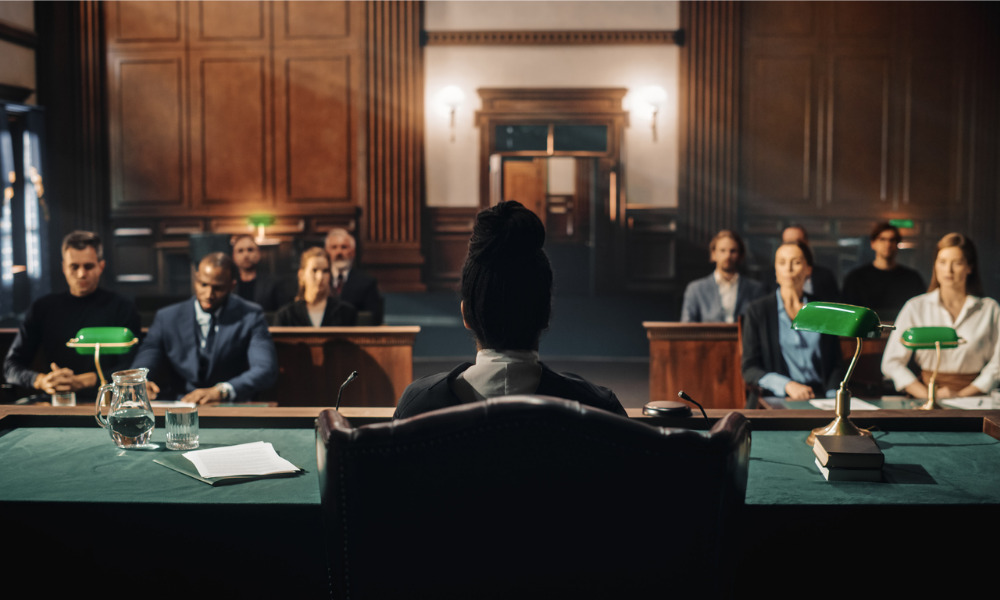
Trial judge had drinks with prosecution after convicting accused

The Ontario Court of Appeal has found a reasonable apprehension of bias on the part of a trial judge who met with Crown counsel for drinks immediately after handing down a guilty verdict.
In R. v. Cowan, 2022 ONCA 432, Andrew Cowan and Edward Witt gambled together at the Windsor Casino and they both drank several bottles of beer on October 20, 2012. Shortly after midnight, the two friends left the casino together. Cowan allegedly texted a friend that he and Witt were considering suicide that same night.
At 1:40 a.m., Cowan purposely drove his truck off the road and crashed into the second floor of a nearby building. Witt, who was in the passenger seat, died from his injuries six days later. Cowan survived and was tried for firs- degree murder before the trial judge, sitting with a jury, at the Superior Court of Justice in Windsor. The Crown argued that Cowan was depressed and decided to take his own life and to kill Witt at the same time. Witt was eventually convicted of second-degree murder and the trial judge imposed a sentence of life imprisonment with a 10-year period of parole ineligibility.
On appeal, Cowan argued that there was a reasonable apprehension that the trial judge was biased which resulted in a miscarriage of justice. He claimed that the Crown counsel and the trial judge shared a close friendship and that the Crown counsel had even attended several social functions at the trial judge’s home. Cowan further said that the Crown counsel and the judge had agreed not to appear on the same case because of their friendship.
The appellate court ruled that the Crown counsel was duty-bound to disclose the full extent of his friendship with the trial judge, including their agreement, because the information would affect Cowan’s full answer and defence to the very serious charge against him and the Crown’s failure to fully inform the defence jeopardized Cowan’s right to a fair trial. The court pointed out that “the explicit agreement between the Crown and the trial judge, which they both recognized, suggests a real threat of bias that is absent from mere friendship.”
The test for reasonable apprehension of bias, as used in case law, is “what would an informed person, viewing the matter realistically and practically – and having thought the matter through – conclude?” said the appellate court.
Cowan alleged that as soon as the verdict of conviction was announced, the judge met with the prosecution team at a local restaurant for drinks. The judge even allegedly poked fun at the Crown counsel for not being able to control his facial expression in court, he argued.
The court found that this incident would inevitably lead a “reasonable and right-minded person” to conclude that the trial judge might have been biased in the murder trial that had just concluded. The court further said, “whether the trial judge was actually biased or not is not the issue. The mere appearance of bias is enough to satisfy the test. “
The court ordered a new trial after finding that a reasonable apprehension of bias existed in this case.